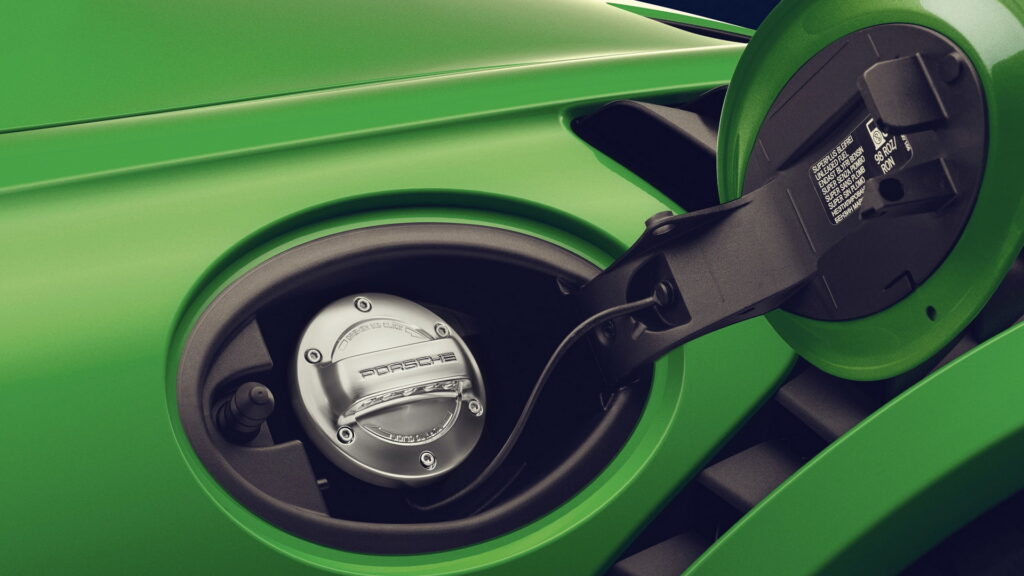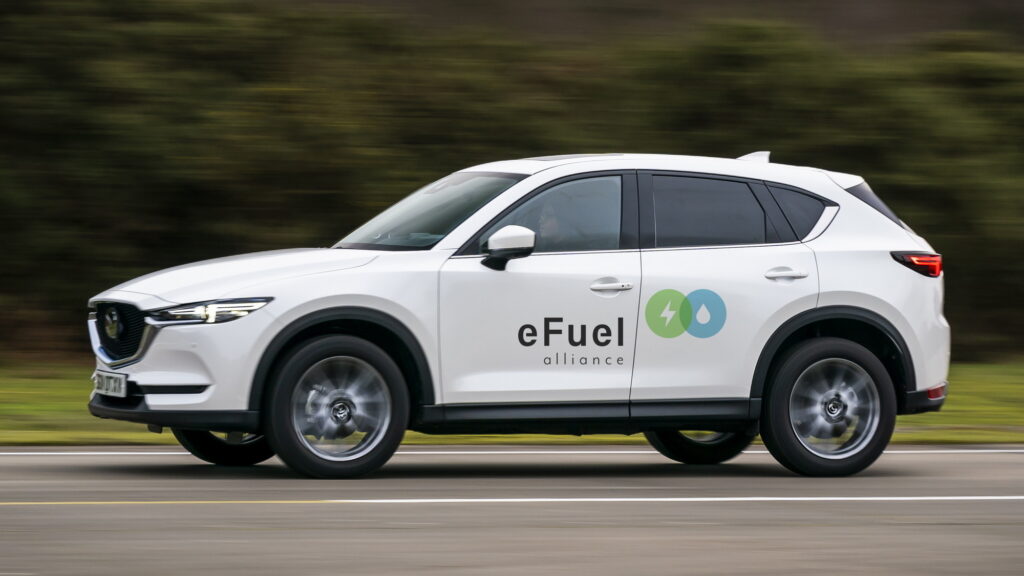A declaration to invest in e-fuels and share knowledge between nations only managed to get the support of three countries
2 hours ago
 –>
–> 
–>
Germany hoped to use the Munich Auto Show to drum up support for the future of e-fuels. Instead, the transport ministry dropped a proposed declaration, with less than a handful of countries lending signatures to the paper.
Germany’s transport minister, Volker Wissing, has been advocating the use of synthetically produced fuels to open up options for reducing carbon emissions produced by passenger cars. Germany and Italy have been quite vocal about the need to support such alternatives, with both countries lobbying for the European Union to include a loophole in its proposed ban on the sale of internal combustion engine cars, set to be enforced from 2035.
E-fuels have been touted as another alternative to reducing carbon emissions from passenger vehicles. Those who support their further study often warn of the dangers that come about from relying on a single energy source, such as battery power.
advertisement scroll to continue
See Also: E-Fuels Could Cost Consumers 50% More Than Fossil Fuels, Still Pollute

But, according to a report from Politico, only the Czech Republic, Japan, and Morocco showed support for the endorsement. It’s noted that both Japan and the Czech Republic have sizeable automotive industries, while Morocco is hopeful of capitalizing on its potential to use green energy to generate hydrogen.
The report cites two industry officials with knowledge of the declaration. They claim that the lack of support prompted Berlin to drop its plans.
The proposed declaration asked signatory nations to commit to investing in new e-fuel plants, share knowledge, and defend “technological neutrality” in the development of clean vehicle technology. That could be interpreted as a request for countries to refrain from relying solely on EVs. The German contingent also argued that by backing e-fuels, unspecified nations in the Global South would benefit from industrial opportunities in places with low wind and solar electricity production costs.
There still remains a very real challenge over the added cost of synthetic fuels. Currently, e-fuels are only being produced in small quantities. The EU is looking to use e-fuels to help transition other large polluting industries such as aviation. However, a question mark remains over the viability of their use in passenger vehicles.

 <!–
<!– –>
–> 
